Farm Management
All Farm Management Content

Wildfire Aftermath: Beef Cattle Health Considerations
Smoke inhalation, burns and thermal injury, exertion, stress, and injuries suffered during escape can all cause longer-term effects on cattle that have survived wildfires or building fires.
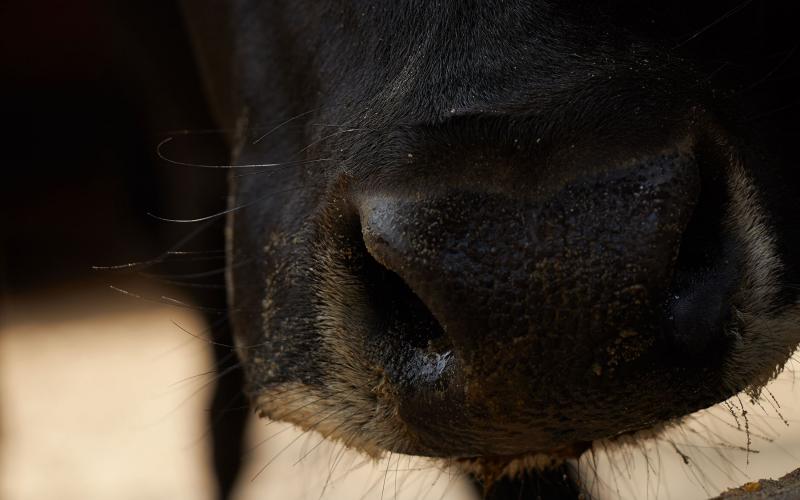
What Livestock Owners Should Know About Vesicular Stomatitis
Because it’s not a common occurrence in most areas every year, reports of Vesicular Stomatitis (VS) in the media often raise questions among livestock owners. Here are answers to some of the more-common ones that may pop up.
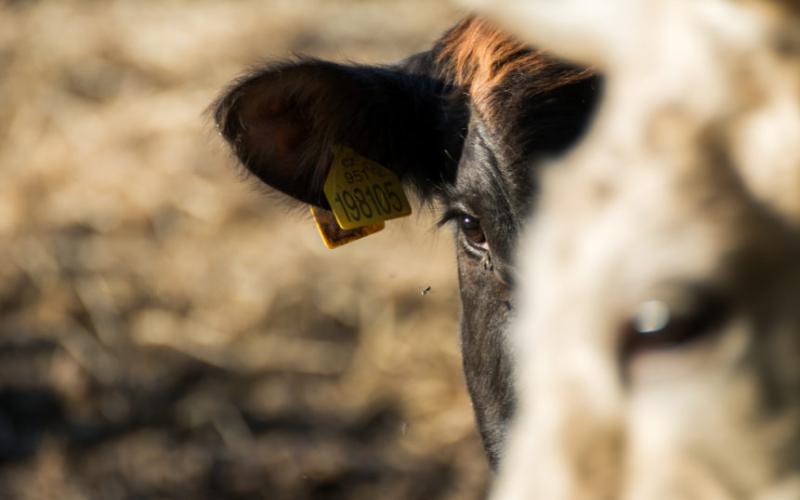
Testing Your Beef Cattle for Bovine Viral Diarrhea Virus
Bovine Viral Diarrhea Virus (BVDV) is among the most important pathogens affecting today’s beef and dairy cattle operations. Associated with reproductive, digestive, and respiratory illnesses in cattle, the virus can also create a congenital, persistent infection in calves, greatly aiding the virus’ spread within and between herds.
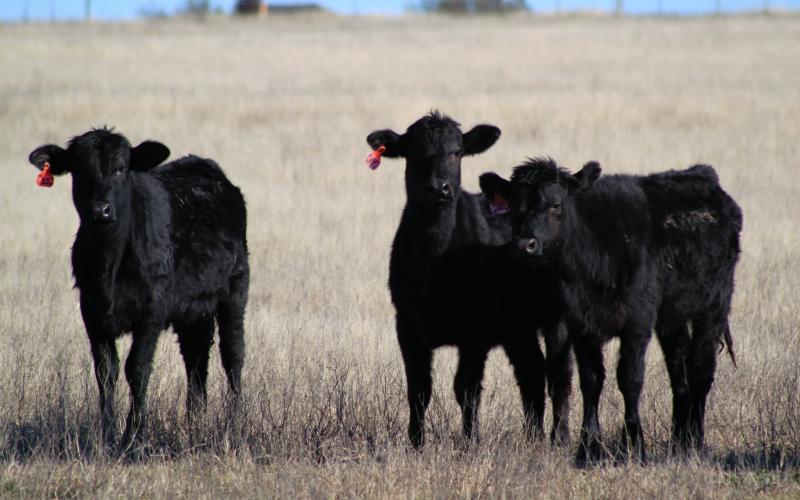
Springtime Vaccines: Tools For Healthy Summer Calves
Vaccines can be a valuable tool for cattle producers looking to help keep their calves healthy on summer pasture.
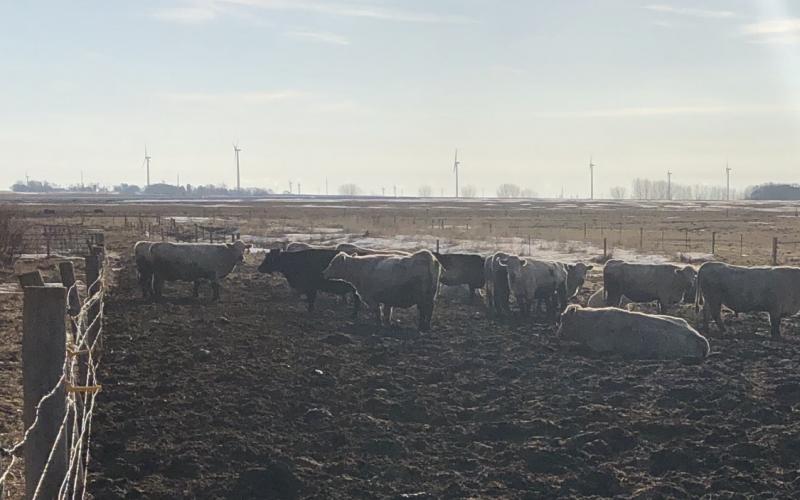
Mud Reduces Beef Cow Performance
Every late winter and early spring beef producers usually face the same problem. Whether it is pooled water resulting from melting snow or excessive rainfall, they both lead to mud accumulation.
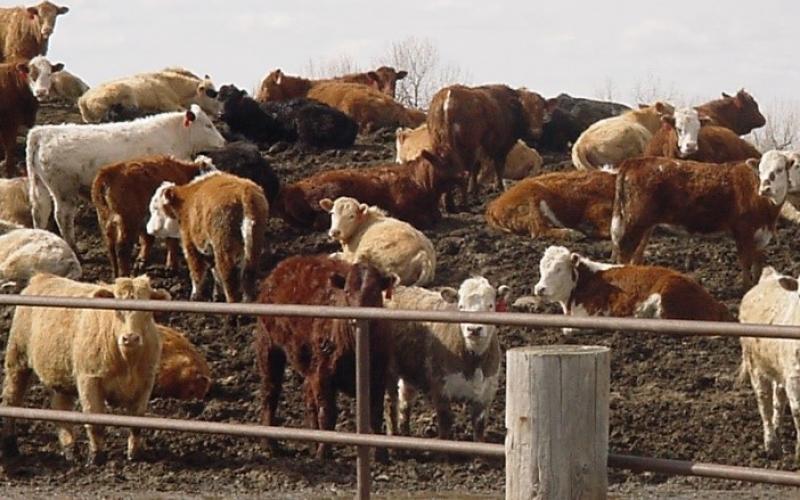
Mud and Lameness in Beef Cattle
Melting snow and spring rains produce conditions that can increase lameness in beef cattle. Mud is among the predisposing causes for cattle lameness.

Lingering Health Effects in Cows and Bulls Following a Harsh Winter and Spring
While mortality directly due to harsh winter weather is much more likely in calves rather than adult cattle, older animals can be affected too, and some of those effects might linger into the days of better weather and warmer temperatures.
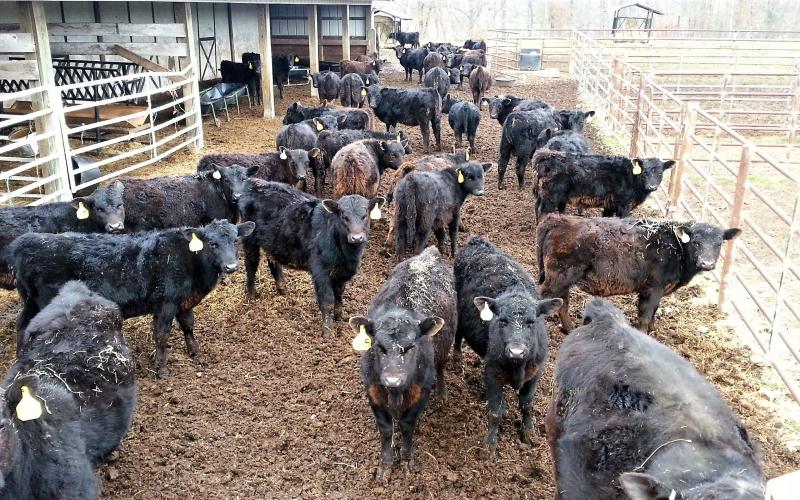
Johne’s Disease Management: Preventing Manure Contact is Key
The key to decreasing Johne’s Disease transmission is preventing young stock from coming in contact with manure from potentially infected animals.

How the Veterinary Lab Diagnoses Anthrax in a Beef Herd
Anthrax is a serious disease of cattle that pops up somewhere almost every year in South Dakota. It’s caused by a bacteria that survives as a very tough spore form in the soil. Knowing whether a death on pasture has been caused by anthrax is important for several reasons.
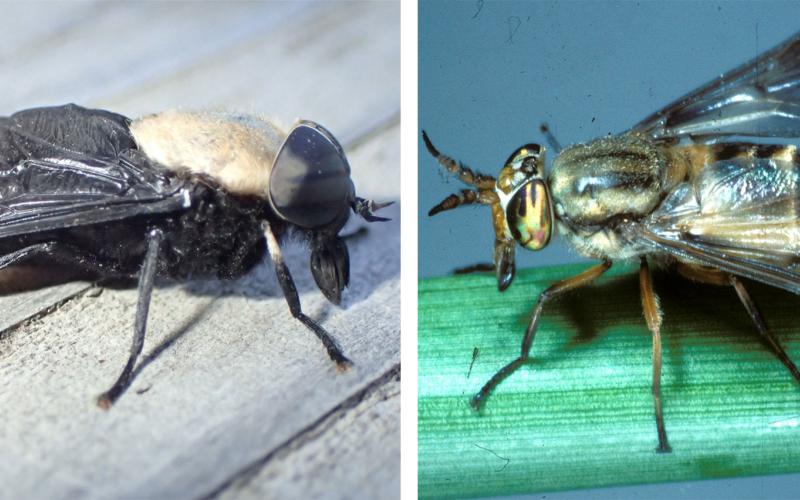
Horse Flies and Deer Flies Becoming Abundant
The above-average precipitation this year has led to increased numbers of horse flies and deer flies across South Dakota. Widespread flooding and an overall abundance of available water has made conditions perfect for these flies.